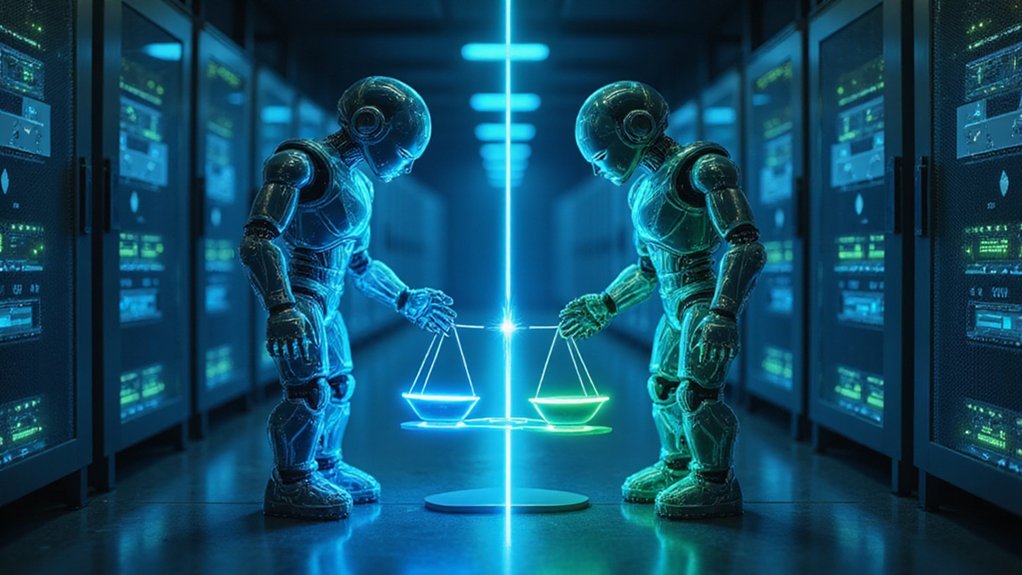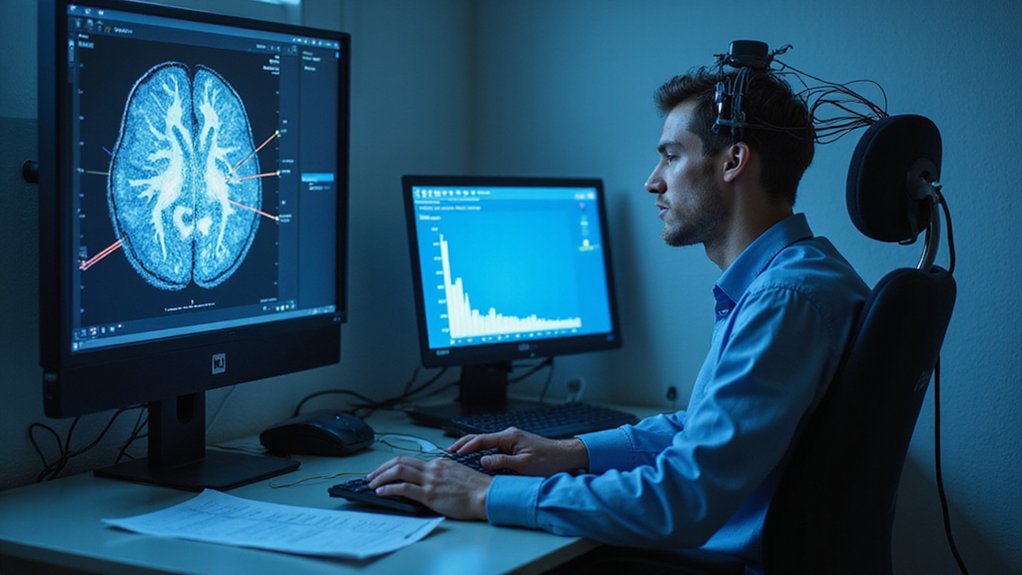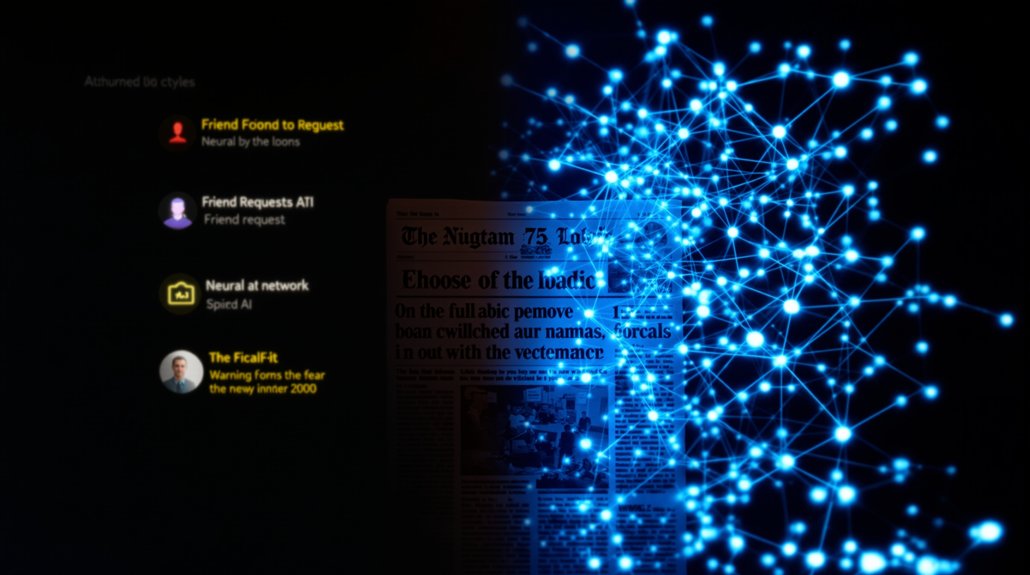Worldcoin, a Silicon Valley project, uses iris scanning technology to collect biometric data globally. The program offers cryptocurrency tokens and rewards for eye scans, but has faced regulatory challenges in Kenya and criticism about data security. Created by Tools for Humanity, the technology aims to verify digital identities and combat AI impersonation. Critics worry about consent issues and data handling, especially in Global South countries. The debate over this technology’s ethical implications continues to intensify.
Worldcoin also functions as a cryptocurrency wallet. Early adopters in some countries received about $55 worth of Worldcoin tokens. The cryptocurrency’s value has dropped by half in some cases. Operators were paid for each scan they completed, with incentives including T-shirts, Airpods, and Worldcoin vouchers.
The initiative has expanded globally, focusing on countries in the Global South. In some places, the company organized cryptocurrency workshops in high schools. Shopping centers now offer scanning services in various locations. The project aims to create a worldwide identity verification system. The program is developed by Tools for Humanity, a company that has created the iris scanning technology.
However, regulatory concerns have emerged. Kenya banned Worldcoin’s eye scans after multiple agencies questioned the program’s legality. Critics worry about user consent and data collection practices. Terms of service weren’t translated into local languages in several countries, and there’s no independent oversight of the company’s data handling.
The biometric data is reportedly distributed across university servers. Worldcoin claims iris data can’t be reconstructed from stored information. Yet critics use terms like “techno-oligarchy” and “neocolonialism” to describe the project. The company states its goal is to scan one billion eyes over the coming years to combat AI impersonation online.
Questions remain about long-term storage and potential uses of the collected data as this technology establishes a new frontier in digital identity verification.









